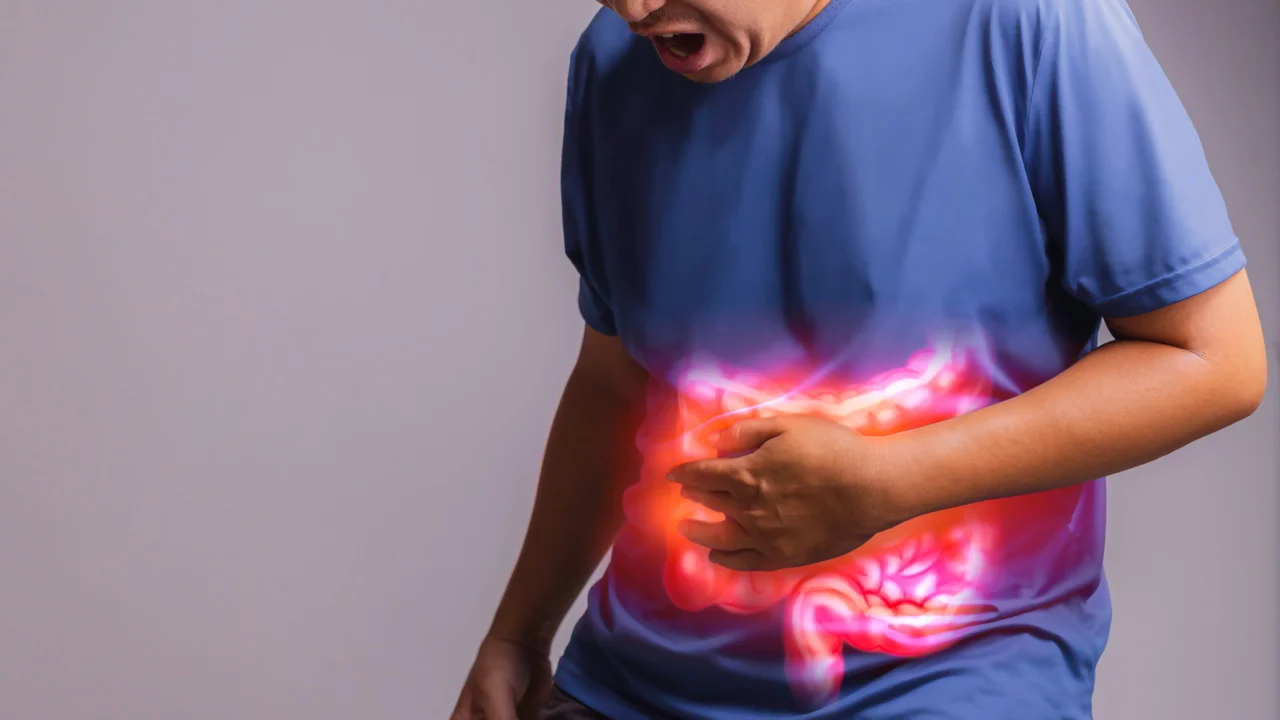Gastroesophageal Reflux Disease (GERD): Comprehensive Care for Chronic Acid Reflux
It is quite rare for someone to be at war with chest pain, a sour-tasting bleach in their mouth, or a cough that doesn't calm down and not have to blame heartburn. Less probably, the reason could be Gastroesophageal Reflux Disease (GERD).
Being a liver specialist and a gastroenterologist, my expertise is in the diagnosis and the treatment of complicated digestive disorders. GERD is not only an inconvenience; it is a chronic health problem which entails the backflow of stomach acid into the oesophagus, resulting in the acid burning the tissue and, consequently, if therapy is not employed, the possibility of the occurrence of irreversible damage in the future. If you are seeking specialised care, we provide expert gastroesophageal reflux disease treatment in Janakpuri, gastroesophageal reflux disease treatment in Uttam Nagar, and gastroesophageal reflux disease treatment in Vikaspuri

